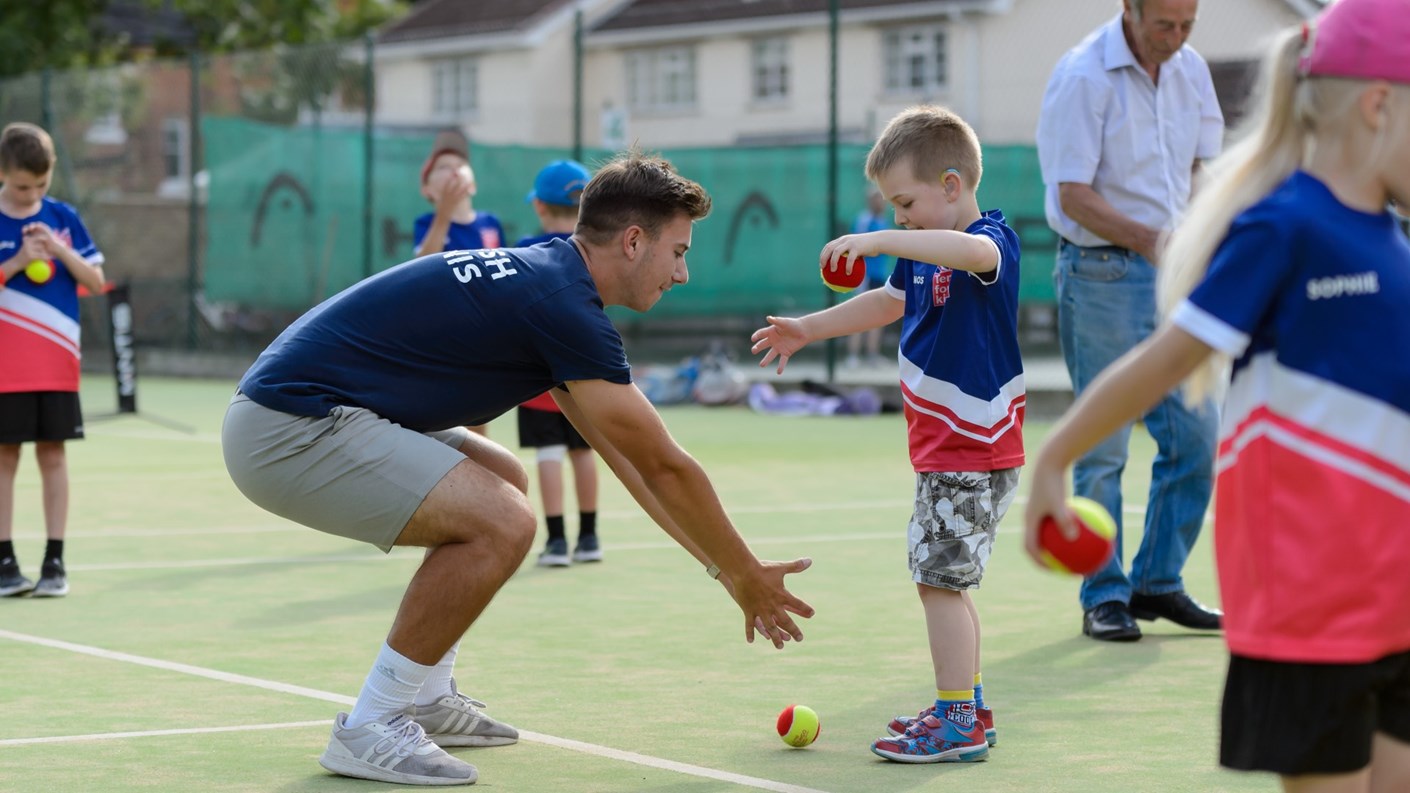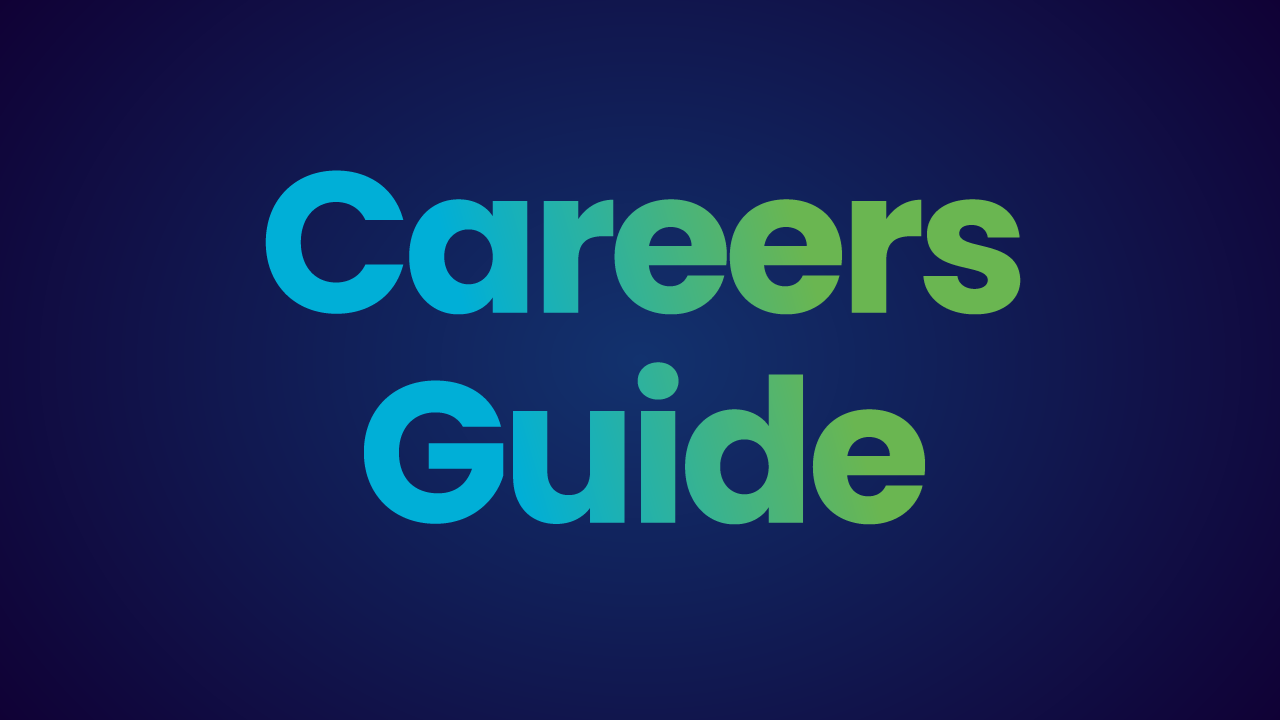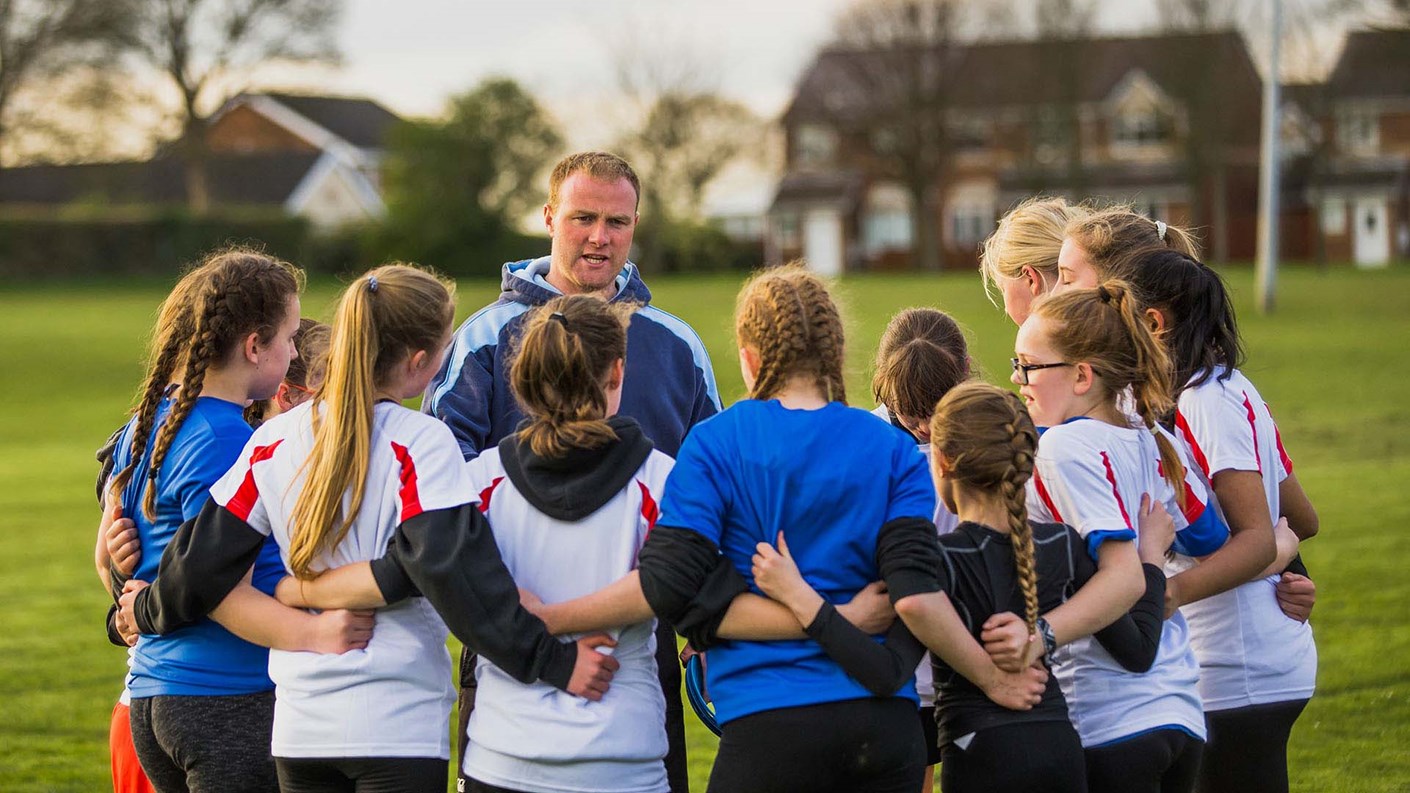Coaching Assistant
Industries: Community sport

Overview and responsibilities
Coaching Assistants help to improve an individual’s experience of sport and physical activity by providing support to coaches in the delivery of activities. They may also deliver part of a coaching session under supervision. They help with the preparation, delivery and review of activity sessions, and have an inspirational effect on the individuals, groups or communities that they work with.
Coaching Assistants help to ensure that the culture and environment they are supporting sessions within is designed to meet the individual or group’s needs and that it allows them to achieve their goals and aspirations. This includes tailoring the experience to the individual and taking an inclusive approach.
They regularly work alongside coaches and other coaching assistants, volunteers and parents to ensure that each individual’s experience is the best that it can be.




